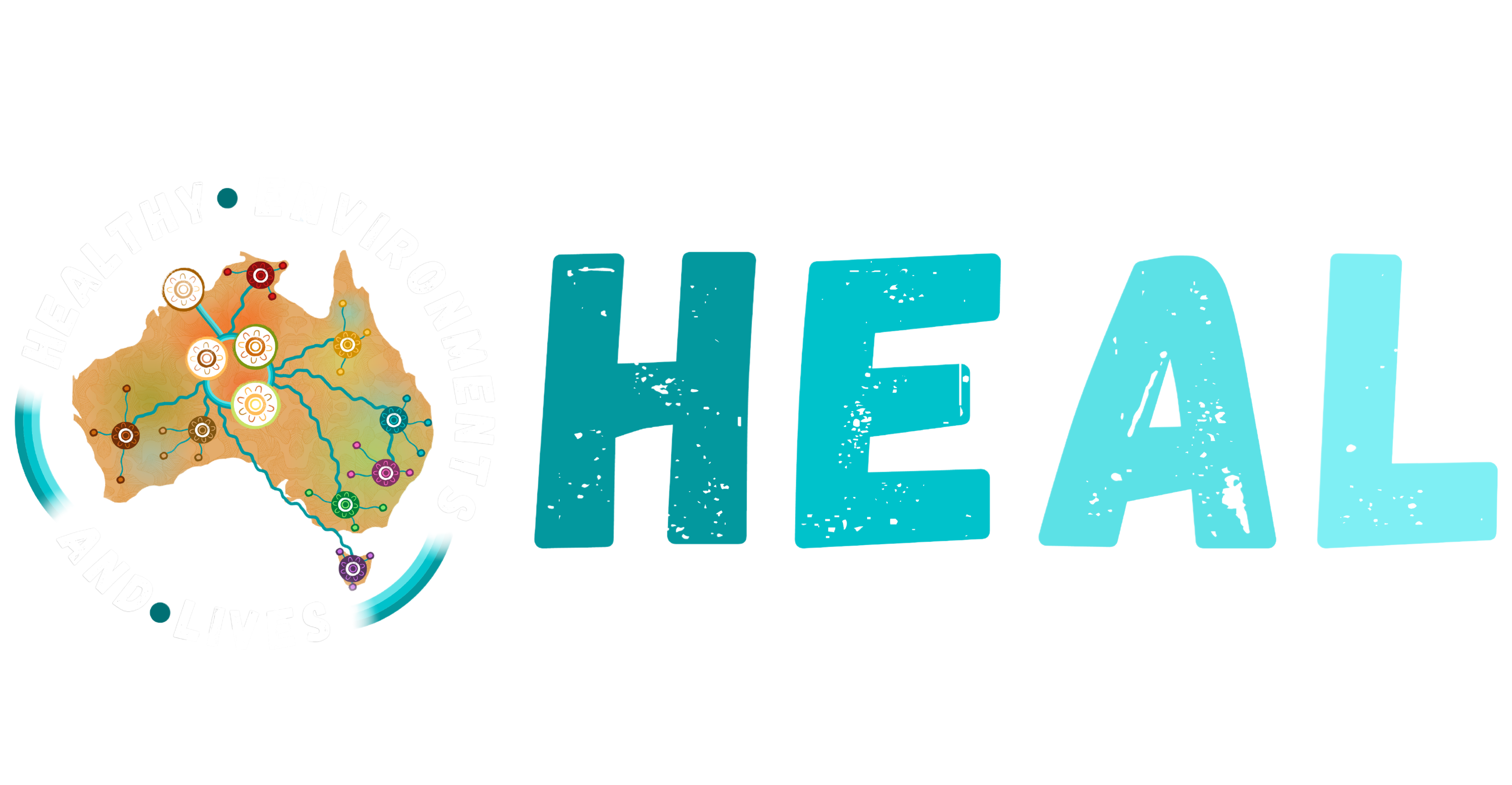HEAL Conferences
The Inaugural HEAL 2021 Healthy Environments and Lives Conference was a 2-day virtual and live event held on 17th – 18th November, 2021. The HEAL 2021 Conference was delivered in a hybrid mode in Brisbane, QLD; Adelaide, SA; Perth, WA; and Hobart, TAS.
The Conference was an inclusive, diverse, distributed, interactive, and free event consisting of:
The HEAL 2022 Conference – Transformational Change for Environmental, Planetary, and Human Health was a 2-day virtual and live event held on 23rd – 24th November, 2022. The HEAL 2022 Conference was delivered in a hybrid mode in all States and Territories, except for Northern Territory which was online only.
The Conference was an inclusive, diverse, distributed, interactive, and free event consisting of:
Follow us on:

